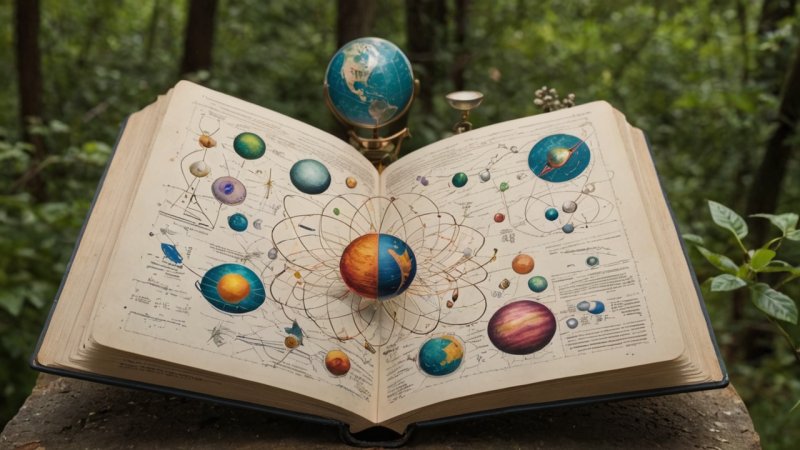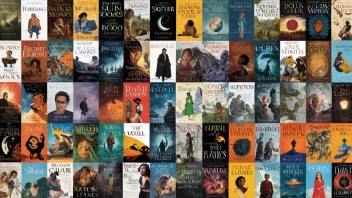Non-fiction literature has a unique ability to expand our understanding of the world, particularly in the realm of science. By presenting factual information, real-life examples, and expert insights, non-fiction books can illuminate complex scientific concepts and make them accessible to a broader audience. In this article, we will explore five significant ways in which non-fiction can shape our understanding of science, encouraging a deeper appreciation for the wonders of the universe.
1. Fostering Critical Thinking
Non-fiction encourages readers to think critically about the information presented. Here are a few ways it achieves this:
- Evidence-Based Arguments: Non-fiction authors often rely on scientific research and data to support their claims, promoting a culture of skepticism and inquiry.
- Analyzing Different Perspectives: Many non-fiction works explore multiple viewpoints on scientific issues, helping readers weigh evidence and form their own conclusions.
- Encouraging Questioning: Non-fiction often poses questions that challenge existing beliefs, pushing readers to explore further.
2. Bridging the Gap Between Science and Society
Non-fiction plays a crucial role in connecting scientific concepts to real-world applications. Here’s how:
- Relatable Examples: Authors often use relatable anecdotes and case studies to illustrate scientific principles, making them more digestible for the general public.
- Highlighting Social Relevance: Non-fiction books frequently address pressing scientific issues—like climate change or healthcare—demonstrating their impact on everyday lives.
- Inspiring Action: By presenting scientific information in an engaging manner, non-fiction can inspire readers to take action or advocate for change based on scientific evidence.
3. Enhancing Scientific Literacy
Scientific literacy is essential in today’s information-rich society, and non-fiction can play an instrumental role in improving it:
- Defining Key Terms: Many non-fiction works include glossaries or explanations of complex terminology, making it easier for readers to understand scientific jargon.
- Clarifying Misconceptions: Non-fiction authors often tackle popular myths and misconceptions about science, helping to clarify misunderstandings.
- Providing Context: Non-fiction can place scientific discoveries and theories within a historical or cultural context, enriching the reader's comprehension.
4. Encouraging Lifelong Learning
The engaging nature of non-fiction literature motivates readers to continue their education throughout their lives:
- Broadening Horizons: Non-fiction books often cover a wide range of subjects, encouraging readers to explore various scientific fields.
- Promoting Curiosity: Well-written non-fiction can spark curiosity and lead readers to seek out further information on related topics.
- Connecting with Experts: Many non-fiction authors are experts in their fields, allowing readers to benefit from their knowledge and insights.
5. Celebrating Scientific Achievements
Finally, non-fiction literature can serve to celebrate scientific achievements and the people behind them:
- Biographies of Scientists: Non-fiction often includes biographies that highlight the lives and contributions of influential scientists, inspiring readers.
- Documenting Major Discoveries: Non-fiction books can chronicle significant scientific breakthroughs, providing context for their importance in the broader scope of science.
- Encouraging Future Generations: By showcasing the stories of successful scientists, non-fiction can motivate young readers to pursue careers in science.
In conclusion, non-fiction literature plays a pivotal role in shaping our understanding of science through fostering critical thinking, bridging societal gaps, enhancing scientific literacy, encouraging lifelong learning, and celebrating achievements in the field. By engaging with non-fiction, readers not only gain valuable knowledge but also develop a deeper appreciation for the scientific processes that shape our world.






